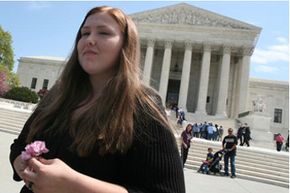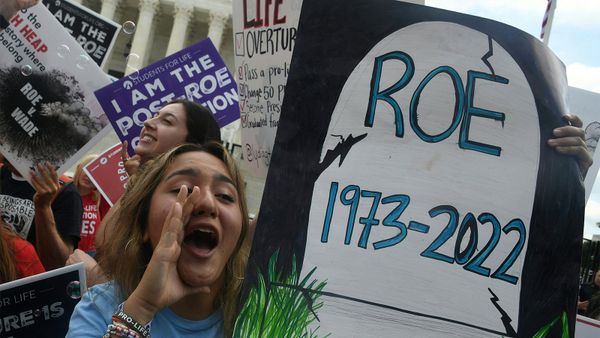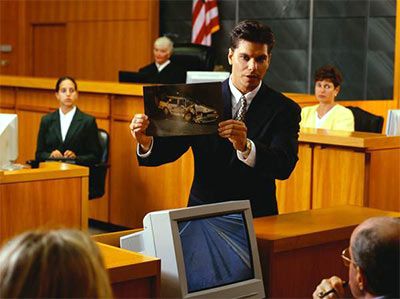In October 2003, Safford Middle School assistant principal Kerry Wilson entered Savana Redding's math class and asked her to accompany him to his office. When they got there, Wilson showed the Arizona 13-year-old a day planner filled with a cigarette, lighters, knives and other contraband. She admitted that the planner belonged to her, but denied the other items. Wilson then showed Savana four prescription-strength ibuprofen tablets and one regular-strength naproxen tablet -- all legal, but banned by the school without advance permission. Savana denied knowing anything about the pills, but Wilson had heard otherwise. She agreed to allow Wilson and a school aide to search her belongings. They found nothing.
Apparently unsatisfied with his initial findings, Wilson ordered Savana to the nurse's office for a clothing search. The nurse and aide asked her to remove her jacket, socks and shoes, followed by her stretch pants and T-shirt. Finally, they made Savana move her underwear around, partially exposing herself in the process. They found nothing.
Advertisement
Savana's mother sued the school district and the adults who searched her daughter for violating her constitutional right to reject unreasonable searches and seizures, and the case made its way through the courts. On June 25, 2009 -- nearly six years after that fateful math class -- the U.S. Supreme Court ruled that the strip search was in fact unreasonable and violated her rights under the Fourth Amendment. But what shocked the masses was the fact that an authority figure had subjected a young girl to such treatment over a legal and generally harmless substance without proof. Had an adult done such a thing to anyone else in nearly any other venue, that adult could have faced criminal charges.
However, a school official could invade the privacy of multiple students in the most intimate of ways -- Wilson ordered a similar search on another student in the same case earlier in the day -- and face little consequence under the law. Although the Supreme Court ruled 8-1 that the search was unreasonable, the court declined to find the Safford Middle School officials liable for their actions [source: Dorf].
What separates students from adults or even other children? Do their rights as citizens end at the school doors? The Supreme Court has pondered the same questions for decades. Read on for a short history of student rights on the High Court.
Advertisement


